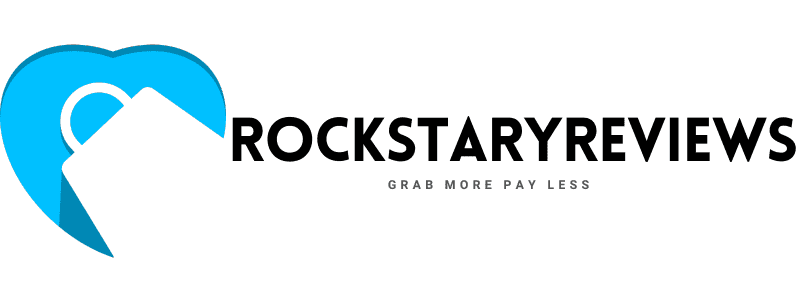
Editor’s Note: This interview with Amazon scholar Thomas Brox is an edited and translated version of a story that originally appeared on the Amazon Germany Blog: Day One. Brox joined Amazon as a scholar in January 2020. He is a professor of computer vision at the University of Freiburg.
Photo cameras recognize faces. Cars perceive human movements in their surroundings. We have long since become accustomed to the fact that computer-aided systems can assist our eyes and expand our vision in everyday life. In business, medicine and industry, too, computer vision has become indispensable. Amazon has been researching this field of artificial intelligence (AI) in Tübingen’s Cyber-Valley since 2018. In addition to full-time Amazon researchers, part-time scientists also support the research work through the Amazon Scholars Program. Thomas Brox is one of them.
Brox, who obtained his PhD in computer science from Saarland University in 2005, is a professor within the computer science department at the University of Freiburg, where he heads a computer vision research group. The award-winning scientist joined the Amazon team in Tübingen in January.
“In concrete terms, computer vision is about measuring images in three dimensions, deriving conclusions and interpretations, reading and processing information,” he explains. “For example, today’s computers are in some cases already better able than humans at detecting tumors on MRI images. Movements in images can also be measured much more reliably today than they were a few years ago.”
Brox had worked on a similar tumor-detection system as a doctoral student in 2004 together with a research team at the University of Saarbrücken. Since then, he has worked as a scientist in computer vision and artificial intelligence. “When I was a student, computer vision was the most promising way to make AI more practical,” says Brox.
Addressing the big questions of research
The Amazon team in Tübingen is conducting applied research on AI and computer vision, and is always seeking opportunities to cooperate with scientists in order to ensure information exchange between university and industry researchers.
“I had the opportunity to work with Amazon a few years ago, but I didn’t want to leave the university altogether. My work at the university is fun and very important to me,” says Brox. “Nevertheless, it has always appealed to me to try something different, to let all the good scientific results flow into useful products. The Scholar program came just at the right time.”
In concrete terms, computer vision is about measuring images in three dimensions, deriving conclusions and interpretations, reading and processing information.
Amazon Scholar Thomas Brox
The Scholars program launched in 2017; it enables scientists around the world to join Amazon flexibly without having to leave their academic institution. Brox devotes 30 percent of his working time to Amazon’s computer vision research.
“It’s a great opportunity to address the proverbial ‘big questions’ of research and at the same time to help implement solutions,” says Brox. “Amazon offers a multidisciplinary team and innovative technical capabilities to do this.”
“My students also benefit from my scholarly work.”
Brox sees an advantage in his work at Amazon, not only for himself, but also for his work as a university professor.
“Amazon is looking for practical solutions in Tübingen, focusing on the needs of its customers and is always keen to develop new business models. The much-described start-up mentality can be felt everywhere here,” Brox says. “I take this mindset with me from Tübingen to Freiburg. It is useful for my courses, which benefit from my insights at Amazon because I can focus more on the topics that matter most after graduation. My team at the university can also seek similar benefits for themselves through Amazon internships that enable them to carry out experiments on a large scale, which is not possible using only the university’s limited resources.”
So it’s a win-win situation for everyone involved. The 43-year-old parent can flexibly organize his activities as an Amazon scholar, alternating between home office and the Lablet in Tübingen, 160 kilometers (99 miles) away. This leaves him enough time to implement his private pet project.
“My family wants to build a house in Freiburg and I am taking the task of equipping our home with state-of-the-art technology largely into my own hands,” he says. “The things that are sold to you today as ‘smart homes’ are not enough for me. I am planning my house in a way that it will be able to adapt to the changing climatic conditions in 50 years’ time. That’s also AI from its very practical side.”






